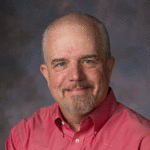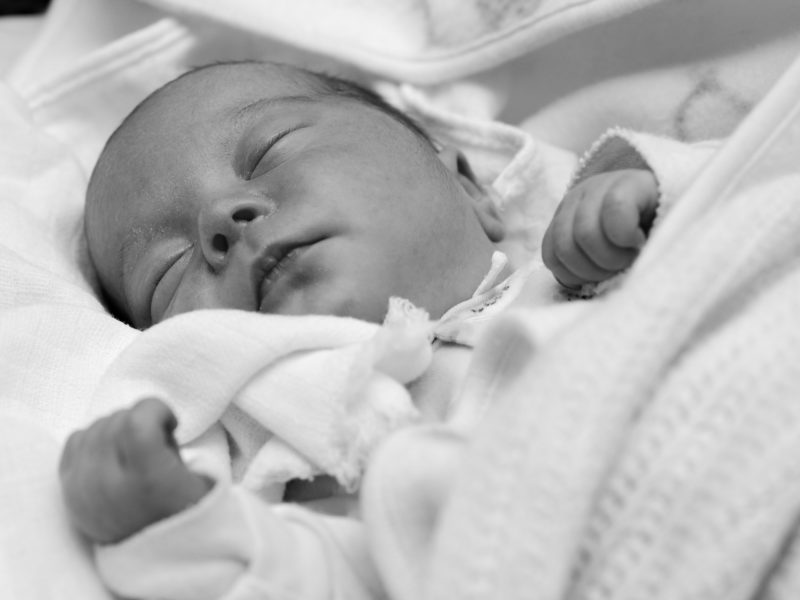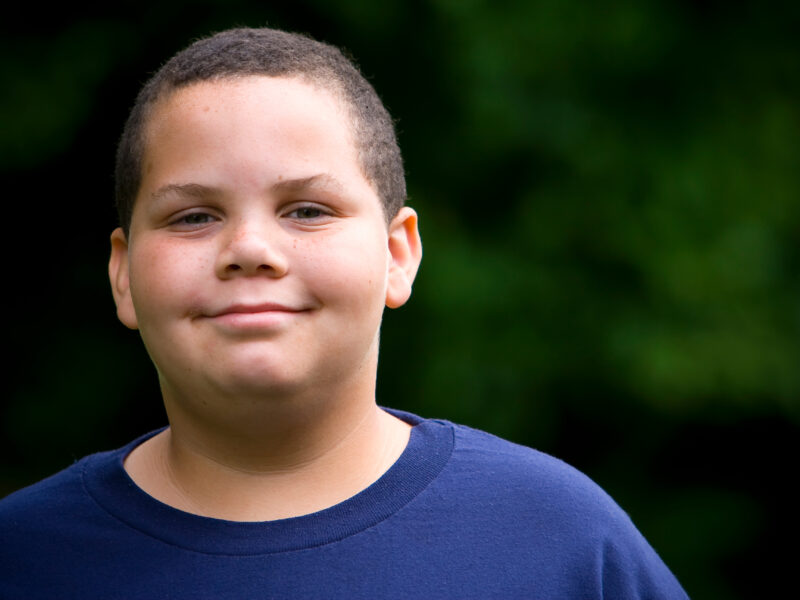The Path to a Long Career in Medicine
The Path to a Long Career in Medicine https://pediatricsnationwide.org/wp-content/themes/corpus/images/empty/thumbnail.jpg 150 150 William Long, MD William Long, MD https://pediatricsnationwide.org/wp-content/uploads/2021/03/051618ds0027-1-Bill-Long-1.gif- April 09, 2020
- William Long, MD
I want to be a pediatrician forever.
But the laws of nature won’t let me.
In addition, many of us of all ages, are feeling increased pressure and demands that come with our profession. From insurance issues, and just about everything with the EMR, to the rise in patient behavioral health complaints — it is all adding up and making us question how long we want to practice our craft.
We’ve all seen the statistics. Physician “burnout” is a real thing. Many studies show up to 50% of us meet the criteria for having burnout. Some 54% of us rate our morale as somewhat or very negative. Only 14% of us believe we have the time we need to provide the highest standard of care.
Studies indicate physician burnout leads to lower quality of patient care, more medical errors and lower patient satisfaction. There are adverse effects on physician health. There is decreased physician productivity and increased physician turnover.
I am worried about this. I wondered if I was suffering from burnout. I told myself I was not. I still look forward to being in the office when I wake up in the morning. How can I still feel this way? Is it my environment? Is it just me?
I don’t think there is a simple answer.
My life is not all smiles and sunshine every day. I have the same frustrations that we all share. Some days, I swear if I have more like that, I’m never coming back. At times, I have not presented my “best self” to patients, families and staff. I have been emotionally exhausted at the end of a long day. I have depersonalized patients and families. Some days have even made me question my competence, not only as a physician, but as a father, a spouse or a friend.
But each day, I find at least one small “shining moment” of accomplishment.
And I’m ready to go back tomorrow. So, I can’t be burned out, right?
Needing objective data, I decided to take a standard burnout assessment tool: the Maslach Burnout Inventory (MBI). This can be taken online, and it generates a results report (for a small fee). There are three domains for scoring — emotional exhaustion, depersonalization and personal accomplishment.
If your emotional exhaustion and depersonalization scores are high, and your personal accomplishment score is low, you may have burnout.
And it turns out, I don’t have burnout. But I’m not “perfect” either. I’m kind of like that kid who scores mostly “ones” and “zeros” on a Vanderbilt assessment for ADHD, with a few “twos” sprinkled here and there. I scored in the 96th percentile in “personal accomplishment,” 40th percentile in “emotional exhaustion,” and 16th percentile for “depersonalization.”
But these results don’t exist in a vacuum. I am fortunate to have a loving life partner and family, an amazing group of colleagues (my work family), inspiring patients and a supportive work environment.
Our calling is such that we can’t help but experience some symptoms. But hopefully, we never meet the criteria for this disorder, or even feel we have this disorder.
But what if we do? What do we do about physician burnout, and the little bit of burnout in all of us?
Asking us to be more resilient is not going to do it alone. But studies show that learning to be mindful and resilient helps. This is not just “toughing it out,” but rather learning how to be more “anti-fragile.”
We must look to change our work environments to reduce the toxicity. We need to restore a sense of purpose and not have that purpose snuffed out under the deluge of busywork.
Much work is being done in this space. Medical schools and residency programs have made it a priority. Organizations need to change structure and reduce documentation burdens. EMRs need to become more helpful instead of hurtful. Locally, COPC is studying the use of scribes to reduce documentation work. Dr. Zubin Damania (also known as ZDoggMD) has used social media to raise awareness and create change. Dr. Damania emphatically states we should not call it “burnout” but rather moral injury. We need to fight this moral injury. We should applaud the organizations that are and join the effort.
But we cannot remove all the stressors that come with our profession and I would argue that nor should we. We should create supportive environments and give learners and providers tools to help cope with these stressors if needed.
Mother Teresa is quoted as saying, “Not all of us can do great things. But we can do small things with great love.” I’ve appropriated this quote for my everyday work life. Some days our team can do great things and a patient’s life is changed for the better. Every day, we focus on doing small things with great love and great care.
Doing things with great love and great care does make one vulnerable, however. You can be vulnerable to emotional exhaustion and physical fatigue.
But you can also be vulnerable to something else—a sense of gratitude and purpose.
So, in addition to doing the “small things” for our patients with great love, let’s make this the year we also work on things big and small to reduce burnout in ourselves and in each other.
I still want to be a pediatrician forever.
And I’d like for all of us to feel the same way.
About the author
Dr. Long has been a primary care pediatrician for more than 26 years. He is the president of Children's Practicing Pediatricians (CPP) in Columbus, Ohio. He serves as clinical faculty at The Ohio State University College of Medicine and as chief medical informatics officer at Pediatrics Associates, Inc.
-
William Long, MDhttps://pediatricsnationwide.org/author/william-long-md/December 5, 2018
- Post Tags:
- General Pediatrics
- Primary Care
- Posted In:
- Features
- Second Opinions







